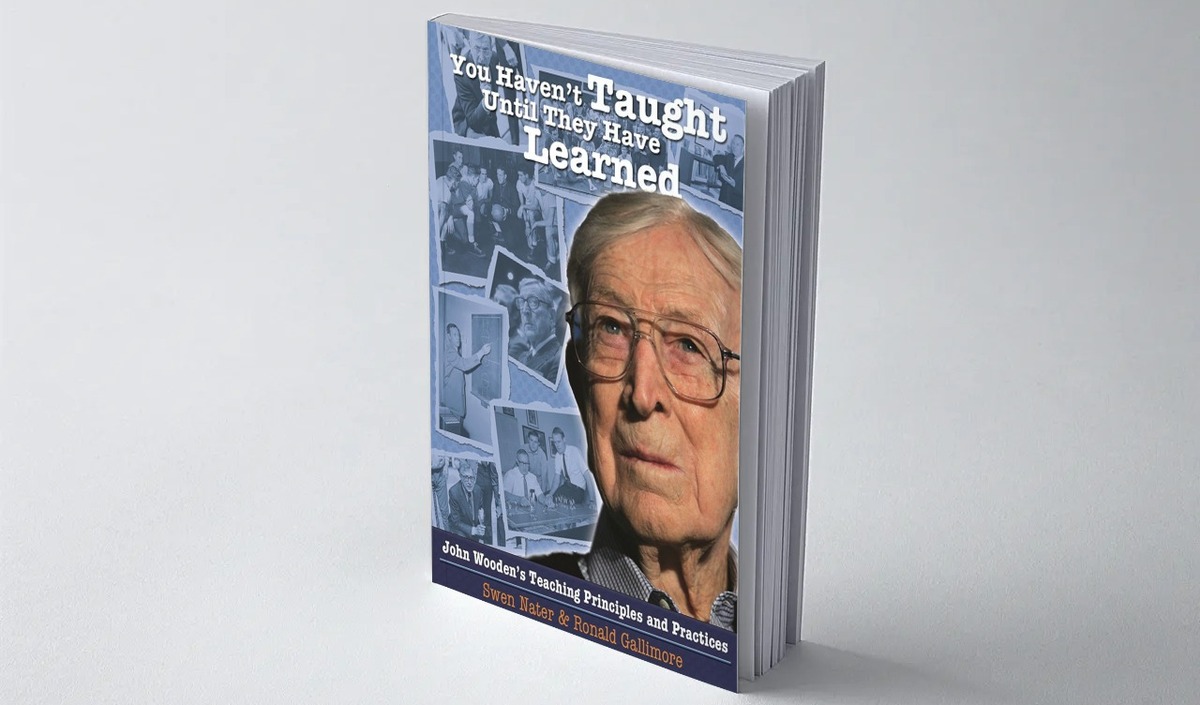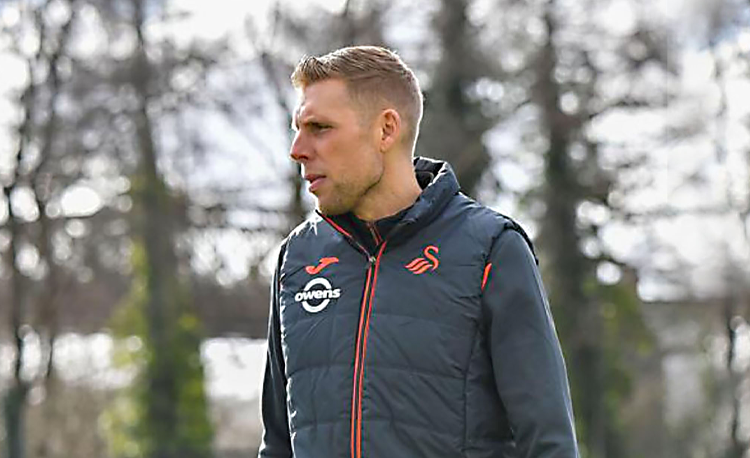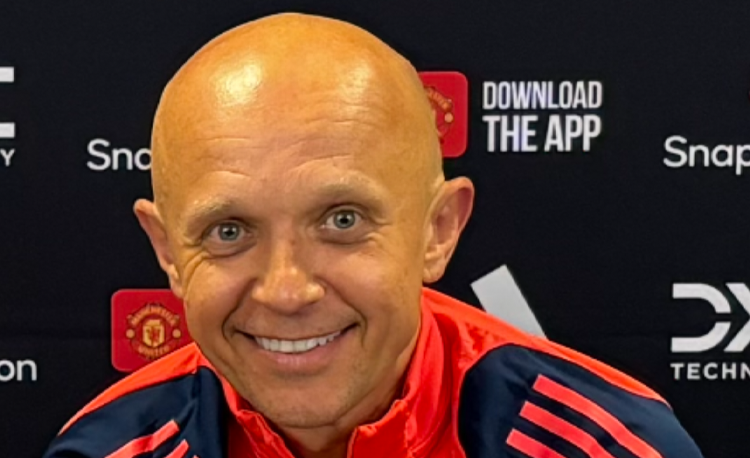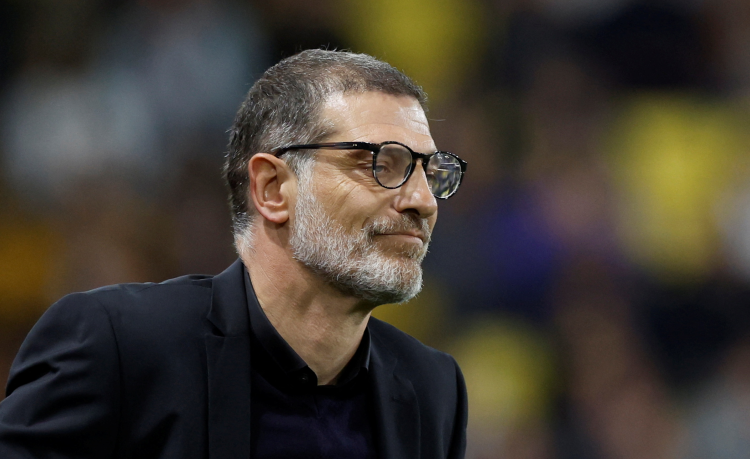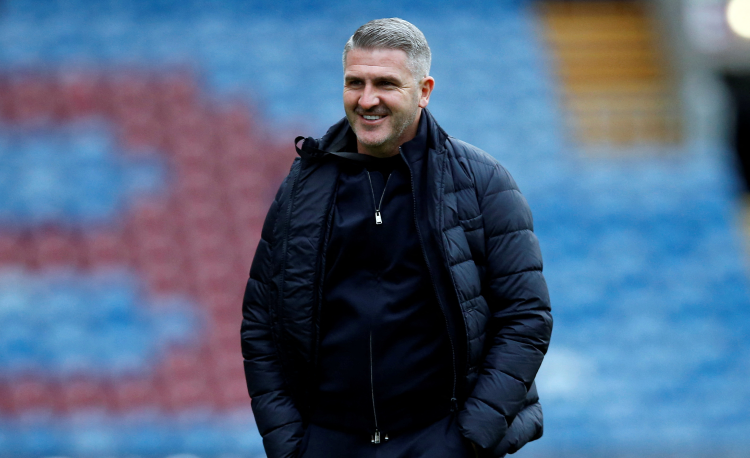You are viewing 1 of your 1 free articles
The laws of teaching and learning
If anyone could lay claim to the title of World’s Greatest Sports Coach it would be John Wooden, the basketball trainer who died in 2010, aged 99. To surpass his achievement, the contender would have to win more than 10 national championships in 12 seasons, beat opponents in 89 consecutive games over four seasons, and be named National Coach of the Year seven times. Anyone up for that?
Wooden’s influence reaches out to us from his heyday more than 40 years ago. Yet curiously, relatively little of his obviously winning philosophy has seeped into major sports. There are many books about Wooden and his coaching (more than 20 are listed on Amazon, including his autobiography They Call Me Coach), but are his methods used widely?
In this book, Swen Nater and Ronald Gallimore bring a laser-like focus on the detail of Wooden’s principles and practices, making You Haven’t Taught Until They Have Learned a diligent and thorough documentation of his coaching delivery methods. If you want to know exactly how Wooden did it, this book will tell you.
Nater was a player in Wooden’s record-breaking UCLA basketball team; Gallimore is a psychology and education professor. The starting point in their analysis is that Wooden was teacher first, coach second. This is significant because it leads to the conclusion that anyone who follows his principles can succeed in any sphere of teaching and learning, not just sport. According to the authors, this is proven by the many dozens of former basketball players who testified that the lessons they learned on court helped them also in life. Nater says they were better players through what Wooden taught and better human beings through how he taught.
Wooden ensured that the teacher-student relationship was first on his list. He made sure he knew every one of his players well. He was fatherly and kind, but he was also strict. “Once practice began, the understanding, gentle, considerate, caring, sensitive father figure I had spoken with earlier in the day unleashed a two-hour barrage of corrections directed at me,” recalls Nater.
Nater had first-hand knowledge of how Wooden could keep players motivated. Nater spent much of his playing career as a reserve, the understudy for the team’s star centre Bill Walton. How could he be motivated, knowing that he was destined to forever sit on the bench? Wooden’s response to the dilemma was surprising: not to invite Nater to “deal with it” or to pacify him with the promise of more game time, but to patiently explain that his challenge was to push Walton to reach higher levels that Walton would not otherwise achieve. Nater’s role was to make another player better, and by this method would become better himself – this was reason enough for Nater to remain committed.
Wooden’s teacher-student relationship is characterised by the following approaches:
- Setting challenging expectations matched to an individual’s ability and personality
- Getting to know each individual well enough to comprehend what he was capable of achieving
- Truly caring about each as an individual person
- Tailoring instruction and support to individual differences
- Treating everyone with respect and fairness
But the key principle was not to treat everyone the same. Wooden said: “They are all different. There is no formula. You can’t work with them exactly the same way. You’ve got to study and analyse each individual and find out what makes them tick.”
What was Wooden’s definition of success? Many may be surprised that it was not related to winning in itself, at least not in the conventional sense. For him, “success is peace of mind which is a direct result of self-satisfaction in knowing you made the effort to become the best of which you are capable.” UCLA teams were barely aware of the opposition teams they were about to face. Wooden concentrated all his efforts on making his players and his team as good as they could be. The pre-game speech by Wooden was not about beating the opponents, it was: “At the end of the game, everyone here should be capable of walking to the mirror, looking at themselves, and saying ‘I did the best I could’.”
Hearing Wooden speak (as you can, mainly as a very old man, on YouTube) one is struck by his lucidity, his clarity of thought, but above all, his certainty. The groundwork for this was his organised system of research and development, which allowed him to make substantial improvements every year in how he taught basketball. He knew the game like no-one else, giving him a rock-solid conviction that what he taught was right.
Over years of study and application, Wooden established almost immutable laws of teaching and learning, and applied them to basketball. His gargantuan knowledge of his sport is evidenced by his 452-page textbook Practical Modern Basketball. He ran fantastically precise, clockwork-like training sessions, with players moving from drill to drill with efficiency and intensity.
Most coaches would understand conditioning to mean improving physical fitness, but for Wooden, physical fitness was dependent on the emotional and psychological state of players. He sought to avoid frustration and lack of concentration. Players who were easily distracted by the crowd were not mentally conditioned. “Pre-game talks were short, to the point and not in the least melodramatic.”
Wooden’s analysis of close games (he proved that a large majority were lost through mistakes, rather than being won) led him to a fundamental focus on skills. The result was one of the top teams in the country spending significant time on the most basic of drills, repeating the simple skills that are the building blocks of the game. But skills are not everything, according to Wooden, they are “a foundation on which individual creativity and imagination can flourish”.
When it came to delivery Wooden obsessively planned. After all, it is he who coined the much-quoted phrase: “Failure to prepare is preparing to fail.”
Even this relatively slim volume contains huge detail of Wooden’s techniques. Coaches seeking inspiration have a goldmine of best practice to ponder and potentially implement. But the overwhelming feeling this reviewer is left with is one of awe at the all-consuming commitment and relentless hard work that the man put into his craft.
Editor's Picks
Using the goalkeeper in build-up play
Pressing principles
Intensive boxes drill with goals
Penetrating the final third
Creating and finishing
My philosophy
Pressing initiation
Compact team movement
Defensive organisation
Coaches' Testimonials

Alan Pardew

Arsène Wenger

Brendan Rodgers

Carlos Carvalhal

José Mourinho

Jürgen Klopp

Pep Guardiola

Roy Hodgson

Sir Alex Ferguson

Steven Gerrard
Coaches' Testimonials

Gerald Kearney, Downtown Las Vegas Soccer Club

Paul Butler, Florida, USA

Rick Shields, Springboro, USA

Tony Green, Pierrefonds Titans, Quebec, Canada
Join the world's leading coaches and managers and discover for yourself one of the best kept secrets in coaching. No other training tool on the planet is written or read by the calibre of names you’ll find in Elite Soccer.
In a recent survey 92% of subscribers said Elite Soccer makes them more confident, 89% said it makes them a more effective coach and 91% said it makes them more inspired.
Get Monthly Inspiration
All the latest techniques and approaches
Since 2010 Elite Soccer has given subscribers exclusive insight into the training ground practices of the world’s best coaches. Published in partnership with the League Managers Association we have unparalleled access to the leading lights in the English leagues, as well as a host of international managers.
Elite Soccer exclusively features sessions written by the coaches themselves. There are no observed sessions and no sessions “in the style of”, just first-hand advice delivered direct to you from the coach.
